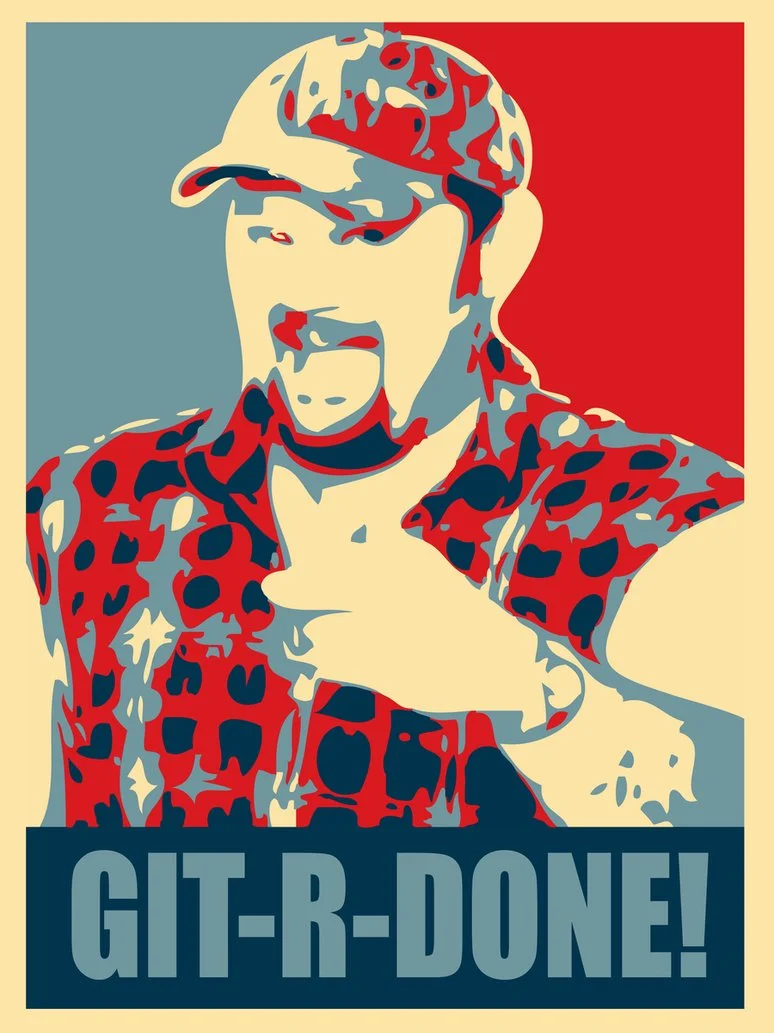Ron and Ed have spoken QUITE a bit over the years about project management. Well, mostly Ed, since Ron’s eyes roll into the back of his head every time he hears the phrase, “Project Management”.
We’ve put together a collection of our best shows on the topic. Some feature guests and some are just Ron and Ed going over important aspects of project management. The most recent shows are at the top so if you want a deep dive just start at the bottom and work your way up!
You voted and we delivered! This was the number one most requested topic based on an informal poll of our listeners on Facebook. Here it is! Organization change management with a very special guest, Nicole Ripley.
Chris “Elroy” Stricklin is a combat-proven Air Force Leader who successfully bridged the gap between military leadership and civilian desire to learn about leadership.
In this show, we discussed the five process groups of project management as defined by the Project Management Institute, which are: Initiation, Planning, Execution, Controlling & Monitoring, Closing.
This episode is dedicated to the possibility that quality is not objective goodness but rather conformance to a requirement.
In Flawless Consulting, Peter Block talks about three different types of consultants: pair of hands, expert, and collaborators. All three have their challenges as there is no sweet spot.
In this show, we discuss the 11 Laws of Systems Thinking as laid out in the book: The Fifth Discipline: The Art & Practice of The Learning Organization, Peter M. Senge, 1990.
Chris “Elroy” Stricklin is a combat-proven Air Force Leader, and executive consultant at Afterburner. His unique range of experience combines service as a USAF Thunderbird, multiple N.A.T.O. assignments, White House and DARPA fellowships, and command-experience in the United States Air Force.
Without a doubt the most misunderstood, yet vitally important area of project management in the market place is risk. Consultants are wary of talking about risk with their prospects and customers. The irony here is that the reason why they are hired is risk.
The stability of any project is found in the initiation of that project. Like the foundation of a building it is often barely seen, but without it even the most well-built structure above it would be weak.
In this episode Ed and Ron tackle the idea of asking more effective questions and will introduce you to the idea of the Mother of All Questions.
Ron and Ed discuss how we are all consultants now. This material is based on Peter Block’s seminal book, Flawless Consulting.
Companies lose knowledge from people leaving, forgetting, retiring, and so on. Knowledge also becomes obsolete (what Alvin Toffler calls obsoledge) and must be constantly replenished. No one knows what the cost of this lost knowledge might be. Given the coming demographic trends, how can knowledge organizations capture some of that valuable knowledge before it is lost, like the lost Library of Alexandria?
Before we can leverage this knowledge, we must first understand how knowledge is possessed.














Freeman Dyson in the report from the 2001 World Economic Forum defined the Precautionary Principle as "that if some course of action carries even a remote chance of irreparable damage to the ecology, then you shouldn’t do it, no matter how great the possible advantages of the action may be. You are not allowed to balance costs against benefits when deciding what to do."